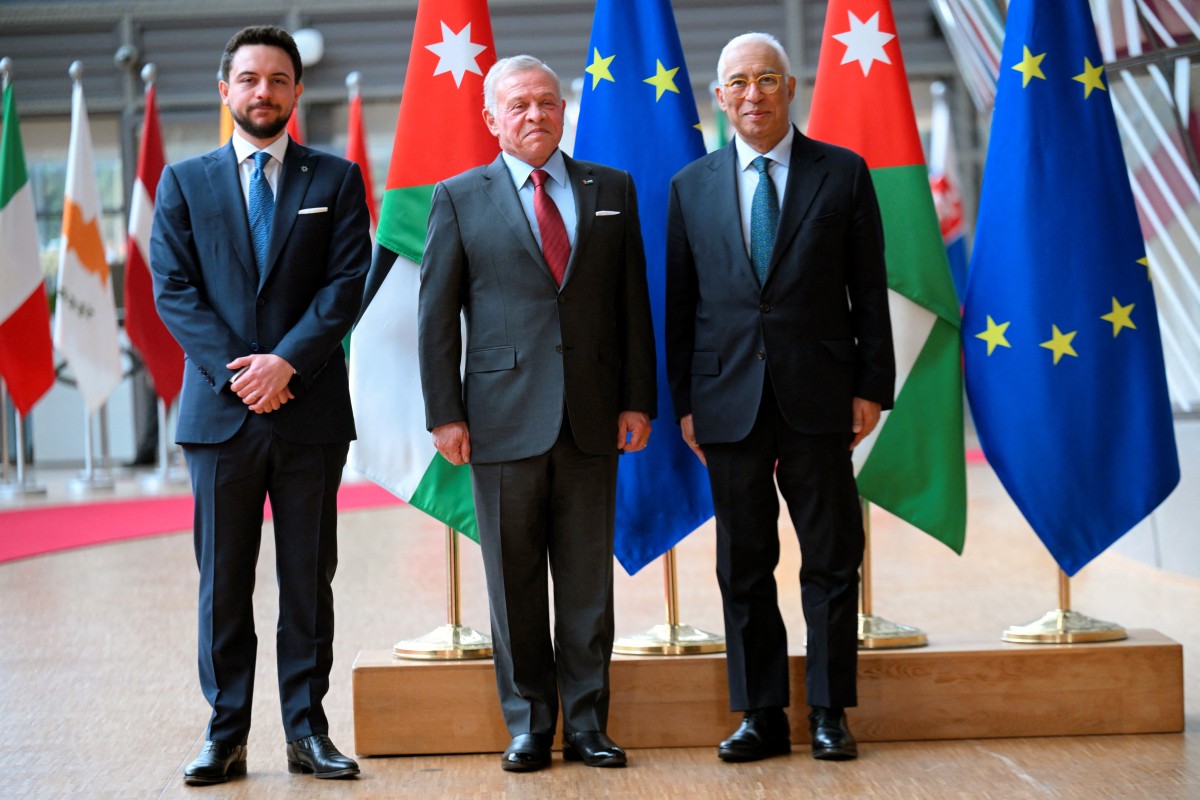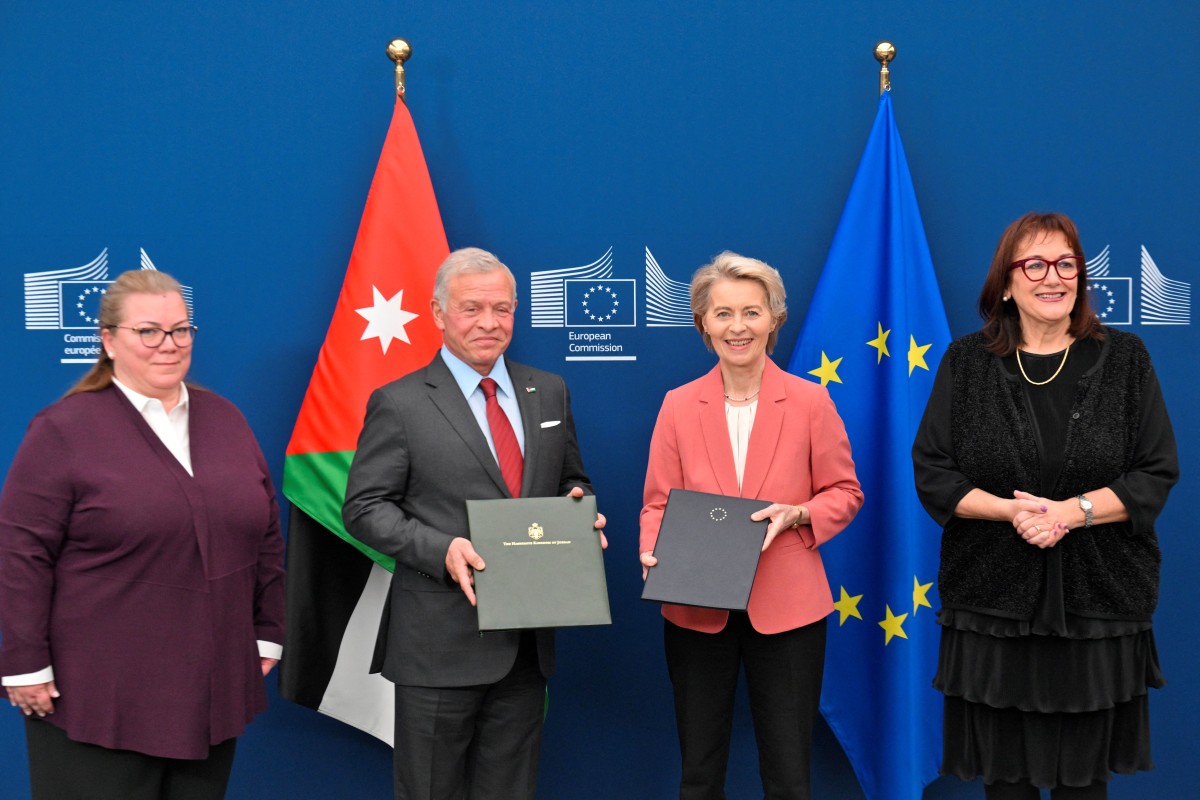EU Unveils Bold Plan to Boost Economy and Ease Business Regulations
The European Union has introduced a sweeping economic blueprint aimed at revitalizing business growth and strengthening its position against global competitors like China and the United States.
Announced by EU Commission President Ursula von der Leyen, the initiative promises a “simplification shock”—a move to cut excessive regulations while staying committed to environmental goals.
A Shift Towards Business Growth
Speaking at a press conference, von der Leyen emphasized the need to reignite Europe’s innovation drive without compromising the ambitious Green Deal objectives.
“We are fully committed to our environmental targets, but at the same time, we must make it easier for businesses to thrive,” she said.
The EU faces increasing pressure to adjust its economic policies as the U.S. pushes for stronger trade measures and China continues its rapid industrial growth.
Cutting Through the Red Tape
In response to mounting concerns from businesses over complex regulations and high costs, EU leaders are preparing to ease restrictions on environmental, corporate, and safety regulations.
Among the proposed changes:
- A reduction in compliance requirements for companies, particularly those classified as mid-sized.
- A new legal framework that simplifies taxation, labor laws, and insolvency processes across the EU.
- A fresh approach to industrial policy, with targeted support for key sectors like steel, chemicals, and automotive.
Tackling Energy Costs
With energy prices soaring following the Ukraine conflict, Europe has struggled to remain competitive.
The EU now plans to:
- Diversify its energy sources to reduce dependency on Russian gas.
- Expand nuclear and renewable energy production to ensure long-term stability.
- Boost investments in energy grids for better efficiency and storage.
Revamping Industry and Competition Rules
One of the standout proposals is a shift in how corporate mergers are evaluated.
Currently, EU regulators assess mergers based on potential price effects. However, the new approach will prioritize innovation, investment, and long-term economic resilience.
The changes are expected to allow European tech and industrial giants to better compete with their American and Chinese counterparts.
Securing Critical Resources
To lessen Europe’s reliance on foreign suppliers for essential raw materials, officials are fast-tracking mining projects across the continent.
Despite potential environmental concerns, the EU has already received over 170 proposals for new mining operations.
Additionally, there are plans to:
- Create a joint procurement system for critical materials.
- Strengthen international partnerships for sourcing renewable energy components, semiconductors, and pharmaceutical ingredients.
A More Unified Economic Approach
Although the EU’s single market has existed for decades, major differences remain across telecommunications, energy, and defense sectors.
To close this gap, the new plan emphasizes:
- Breaking down remaining trade barriers between EU nations.
- Building a unified investment system to help European startups access the same level of funding as their U.S. counterparts.
Looking Ahead
With economic competition intensifying, the EU’s new framework signals a major shift toward a more business-friendly environment—one that balances growth, sustainability, and industrial strength.
As the plan unfolds, the focus will be on whether these reforms can effectively position Europe as a global economic leader once again.




